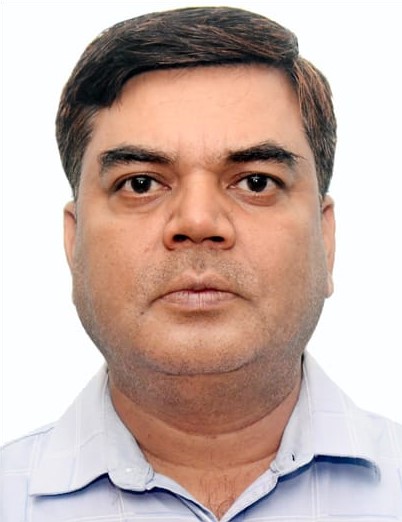INSAS Webinar " Crop nutrition in salt-affected soils " | 24 April 2024, 16:00-17:30 (CEST)

The participants will discuss different aspects of this subject including the following points:
- Nutritional problems of salt-affected soils: Deficiencies and toxicities
- Nutrient behaviours in salt-affected soils
- Crop nutrition management in salt-affected soils
- Nutrient and crop wise management practices
- Case studies on crop nutrition management in salt-affected soils
The webinar will take place online on Wednesday 24 April 2024, 16:00 – 17:30 (Central European Summer Time).
The webinar is the fourth in a series of webinars organized by the International Network of Salt-Affected Soils of the Global Soil Partnership, an initiative which is aimed at raising awareness on sustainable management of salt-affected soils for food security, agricultural sustainability, environmental protection and climate change mitigation.
AGENDA AND PRESENTATIONS
16:00-16:10: Introduction | Jorge Batlle-Sales, Chair, International Network of Salt-Affected Soils
16:10-16:25: Nutritional imbalances in salt-affected soils| Prof. Dr. Muhammad Saqib, Institute of Soil and Environmental Sciences, University of Agriculture, Faisalabad, Pakistan
16:25-16:40: Plants under salt stress: is energy a limiting factor? | Prof. Dr. Sven Schubert, Institute of Plant Nutrition, Justus-Liebig University, Giessen, Germany
16:40-16:55: Case studies on crop nutrition management in salt-affected soils: with special reference to India | Dr. Shiveshwar Pratap Singh, Assoc. Professor, Soil Science, Dr. Rajendra Prasad, Central Agricultural University, India
16:55-17:10: Adverse effect of Na and Cl on plants and strategies leveraging on saline soil heterogeneity to mitigate them | Dr. Nadia Bazihizina, Research fellow, Dipartimento di Biologia (BIO), Università Degli Studi Di Firenze, Italy
17:10-17:25: Round table with experts moderated by Prof. Dr. M. Saqib
17:25-17:30: Concluding remarks | Maria Konyushkova, Food and Agriculture Organization of the United Nations, rapporteur of the round table
SPEAKERS

Dr. Muhamad Saqib is a Professor at the Institute of Soil and Environmental Sciences, University of Agriculture, Faisalabad, Pakistan. He has been working on Saline Agriculture for Sustainable Use of Salt-affected Soils for the last more than twenty years. He is a Fellow of Alexander von Humboldt Foundation Germany and Fellow of Japan Society for the Promotion of Science. He has worked at Justus Liebig University, Giessen, Germany, University of Tokyo, Japan and University of York, UK.

Sven Schubert is a Professor Emeritus of Plant Nutrition, still active not only in plant nutrition in general but particularly in the field of soil salinity and salt resistance of crop plants. He was a Professor of Plant Nutrition at Justus Liebig University Giessen, Germany, and Head of the Institute of Plant Nutrition from 1997 to 2022. He has published two standard textbooks of "Biochemistry" and "Plant Nutrition" in German. He has published 140 peer-reviewed articles and over 100 other contributions. Together with his colleague at UNO University at Hamilton, Canada, Prof. Dr. Manzoor Quadir, he is working on a textbook on "Soil Salinity and Salt Resistance of Crop Plants". He is an Associate Editor of the Journal of Plant Nutrition and Soil Science (JPNSS).

Shiveshwar Pratap Singh is a soil scientist, whose work focuses on understanding management of salt-affected soil, nutrient management and natural farming. After a PhD at the G. B. Pant University of Agriculture & Tech. (GBPUAT), Pantnagar, India, he has had attended several meetings regarding salt-affected soils and also involve in teaching to Under-Graduate, Postgraduate and Doctoral students. He is currently an associate professor in soil science at Dr. Rajendra Prasad Central Agricultural University, Pusa, India and also member of the International Network of Salt Affected Soil (INSAS)

Nadia Bazihizina is a plant eco-physiology, whose work focuses on understanding how salt-loving halophytes thrive in saline environments. After a PhD at the University of Western Australia (UWA), she has had several postdoctoral positions in Australia and Italy in plant stress physiology, including the EU-funded global Marie Curie Fellowship focusing on the halophytic crop quinoa. She is currently an assistant professor in plant physiology at the University of Florence and vice chair of the COST Action SUSTAIN - an international network of scientists working on saline ecosystems and how to sustainably manage them.
